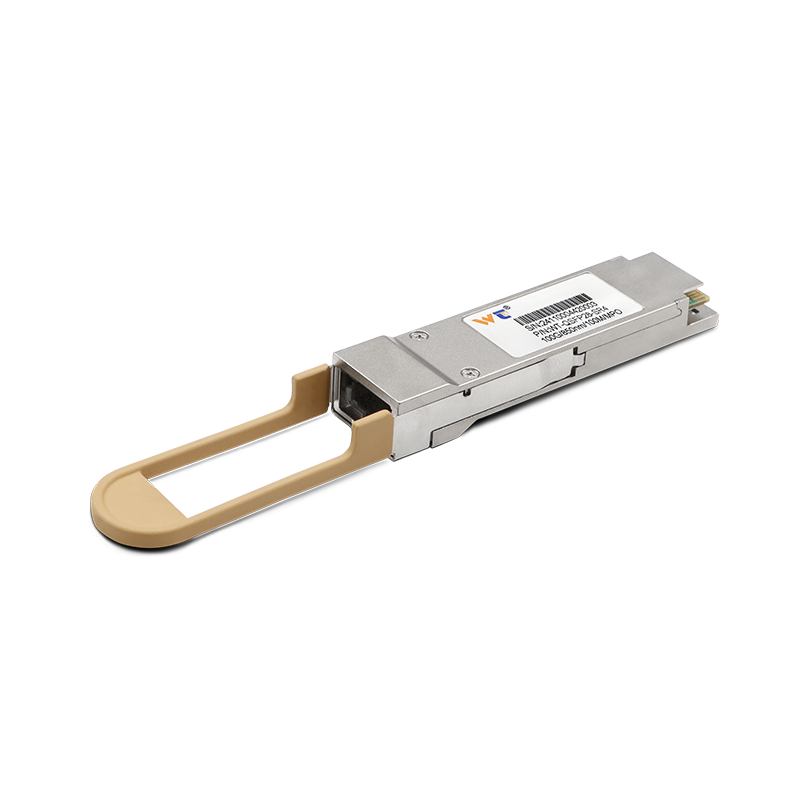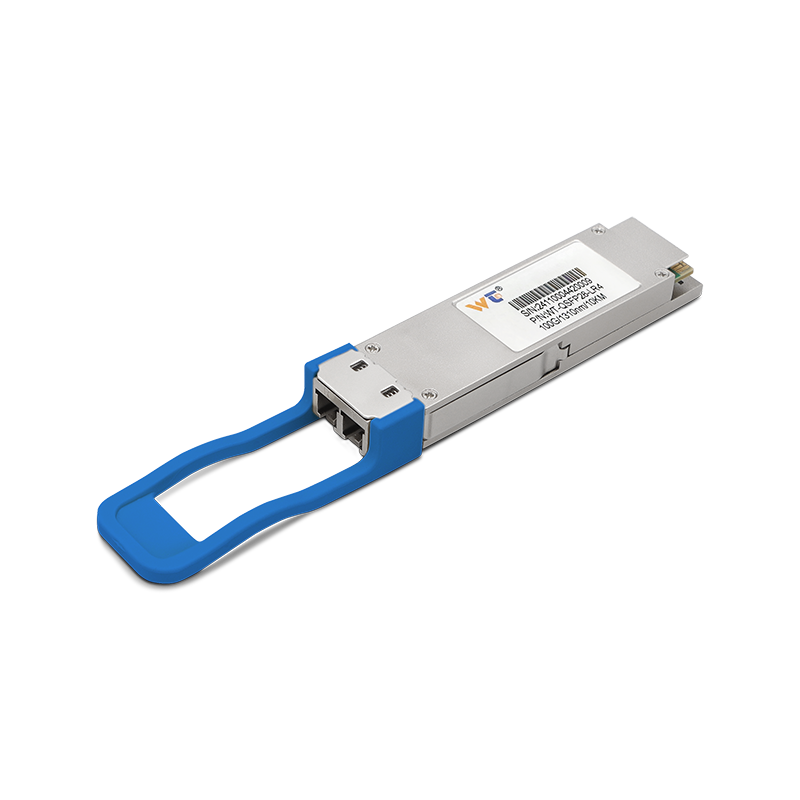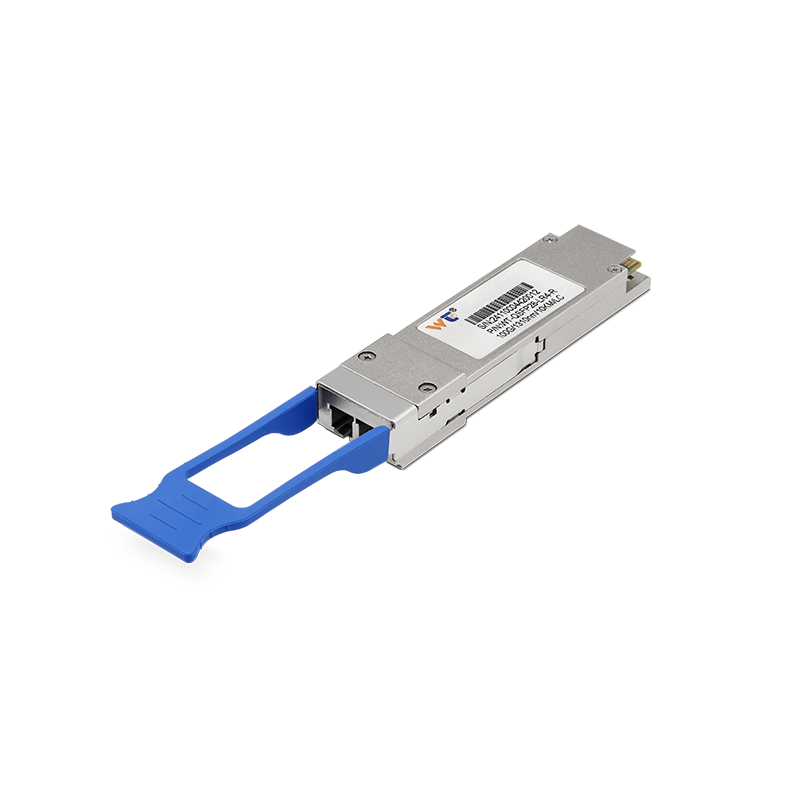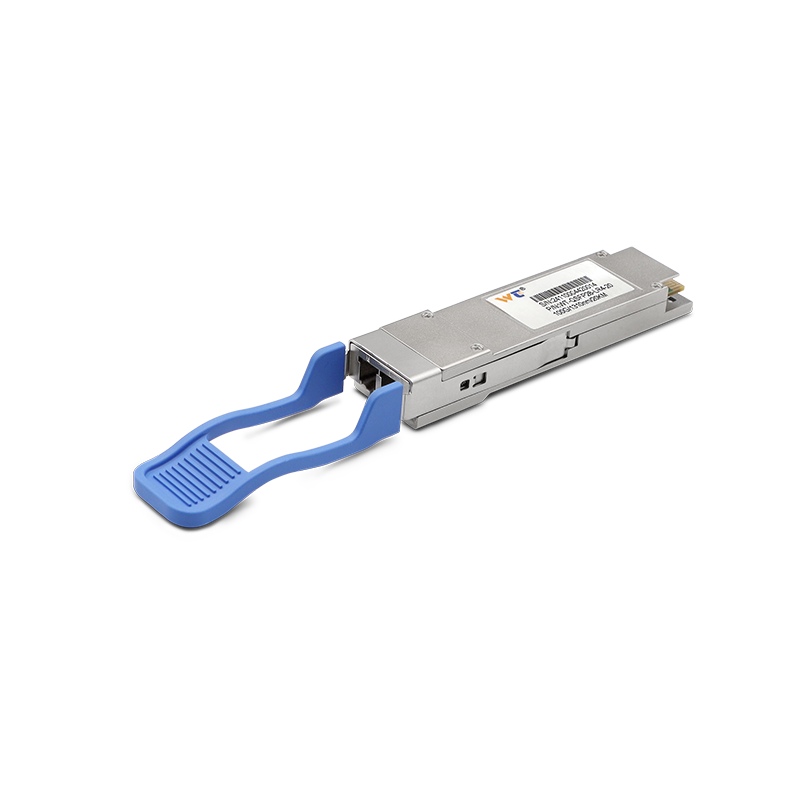As someone who's navigated the maze of knowledge dispersal, I’m super excited to invite you to join me in delving into the captivating universe of IP addresses. Ever thought about how, aside from the usual public and private IP addresses, there’s a whole bunch of specialized addresses that might be flying under your radar? This piece is all about uncovering those unique IP addresses that network engineers like us bump into regularly. With technology racing forward at breakneck speed, understanding these specialized addresses could give you a serious advantage in networking, upleveling your security game, and fine-tuning network performance.
Now, let’s dive into the world of specialized IP addresses. These funky addresses come with distinct functions, and recognizing what each one does can really step up your networking skills. So, what exactly are these special types? Think of loopback addresses, link-local addresses, multicast addresses, and more. Each brand has its own role in keeping networks humming, from enabling communication within our devices to managing data so that it flows smoothly to multiple destinations. Plus, having a good grasp of these addresses is a game-changer when it comes to solving network hiccups, keeping our connections steady, and ensuring we’re playing by the networking rules.
The importance of these specialized addresses is massive. Take the Loopback Address (127.0.0.1), for example—it's like a magic key that lets you run network software tests without the need for an actual network connection, making it a lifesaver for diagnostics. Then there's the Link-Local Addresses (169.254.0.0/16), which get assigned automatically when DHCP servers decide to take a day off, enabling local devices to chat it up. And don’t overlook Multicast Addresses (224.0.0.0 - 239.255.255.255), which streamline the process of sending data to several recipients. Understanding these distinctions can make a world of difference in how we manage our networks.
If you’re eager to get a solid grip on these ideas, laying out a systematic approach will go a long way. Here’s a straightforward roadmap you might want to consider when digging into specialized IP addresses:
- Categorize Your Focus Areas: Begin by sorting out which specialized IP addresses you'd like to explore further.
- Source Your Information: Gather materials from reputable networking organizations and scholarly articles that outline their functionalities.
- Get Hands-On: Create a lab setup where you can experiment with different address types and see how they operate.
- Log Your Findings: Keep track of your experiments, paying attention to how various devices respond to these addresses.
- Assess Your Discoveries: Analyze how effective each address type was during your testing, focusing on reaction times and failure scenarios.
Once you feel like you’ve nailed these basics, why not take a leap further? Explore cutting-edge topics like IPv6 addressing or Software-Defined Networking (SDN). Have you thought about how mastering these specialized addresses could potentially shape your career?
If you’ve got a handle on these addresses, your skills in troubleshooting and network configuration will undoubtedly improve.
You might be wondering about common questions swirling around this topic, like:
- What are the key types of specialized IP addresses? They definitely include loopback, link-local, and multicast addresses.
- What makes a loopback address essential? It's key for testing and troubleshooting network services right from the device.
Diving into the practical side of specialized IP addresses can be a thrilling adventure. Messing around with different address types in a hands-on environment not only cements your theoretical understanding but also hones your problem-solving abilities. By actively participating in these exercises, you’re really readying yourself for the future of networking.
In summary, the world of specialized IP addresses is a treasure trove brimming with significance for anyone in the network engineering space. By familiarizing yourself with different address types like loopback, link-local, and multicast, you not only improve your troubleshooting tactics but also enhance your overall network design skills and knowledge. As our tech landscape keeps evolving, staying ahead of the game with specialized IP addresses ensures you’ll be equipped to handle whatever challenges come your way. Embrace this knowledge, and let it guide you toward innovative solutions in your networking journey!






